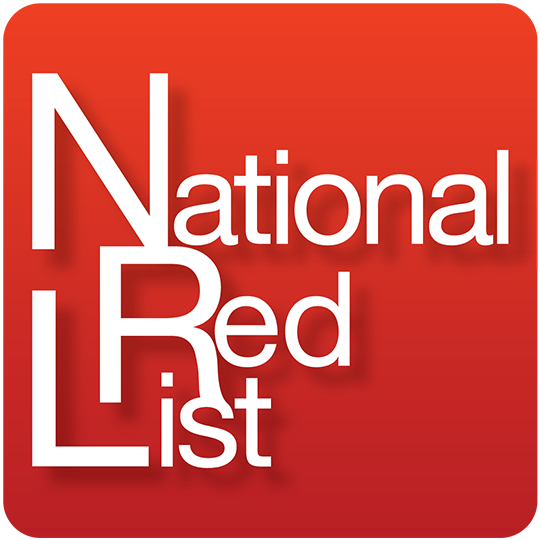Taxon name
Circus aeruginosus
(Linnaeus, 1758)
Uploaded by
National Red List Database
Taxonomic information
Scientific name
Circus aeruginosus
(Linnaeus, 1758)
Assessed taxon level
Species
Higher level taxonomic groupings
Vertebrates
Birds
Species authority
(Linnaeus, 1758)
Location and scope
Specific locality or subnational name or regional name
United Arab Emirates (the)
Scope (of the Assessment)
National
Countries included within the scope of the assessment
United Arab Emirates (the)
Does the assessment cover a marine EEZ area(s)?
Not_assigned
Conservation Status
Qualifying criteria (if given)
D1
Criteria system used
IUCN
(see Assessment details)
Assessment rationale/justification
This species has a very small, but stable non-breeding population in the UAE, which might qualify it for listing as Endangered. In the wider Arabian Peninsula, the population is likewise considered to be stable. Therefore, breeding populations outside of the country may immigrate into the UAE and thus have a large rescue effect. The species has been dropped down one category and is listed as Vulnerable at the national level.
Assessment details
Assessors/contributors/reviewers listed
UAE National Red List Workshop
Criteria system used
IUCN
Reference for methods given
IUCN. 2012. IUCN Red List Categories and Criteria: Version 3.1, Second edition. IUCN, Gland, Switzerland and Cambridge, UK. iv + 32pp pp. And IUCN. 2012. Guidelines for Application of IUCN Red List Criteria at Regional and National Levels: Version 4.0. Gland, Switzerland and Cambridge, UK: IUCN. iii + 41pp.
Further information
Endemism (according to assessment)
Endemic to region
Not assigned
Taxon distribution as listed in assessment
This species is a very common migrant and wintering bird across the UAE (Pedersen et al. 2017). It generally occurs in the country from October to March, but individual birds have been recorded also in the months in between (Richardson 1990, Pedersen et al. 2017).
Is there a map available in assessment?
Yes
Habitat and systems
Ecological system type
Habitat
Habitat details as listed in assessment
This species is found in marshes, reedbeds and farmland, but also in coastal creeks, mudflats, sewage dumps and mangrove swamps (Richardson 1990, Aspinall and Porter 2011). It is a generalist predator taking a variety of prey types, with small birds generally preferred (del Hoyo et al. 1994). The species is migratory. Birds occurring in the UAE breed in Eurasia. Migration is generally on a broad front, although there is some concentration at a few sites (Brown et al. 1982). Hundreds of individuals occasionally gather at roosting sites, sometimes with other harriers such as Montagu's Harrier Circus pygargus, but otherwise they are usually solitary, associating only temporarily at especially rich feeding sites (del Hoyo et al. 1994, Snow and Perrins 1998, Ferguson-Lees and Christie 2001). The species has a slightly greater tendency to be gregarious while on migration. Birds fly c. 10-30 m above the ground (Brown et al. 1982).
Threats and conservation measures listed
Threats listed in assessment
Within the UAE, the main threat to this species may come from wetland land-use changes. As a migratory species, individuals that visit the country face a range of threats outside of the country as well. BirdLife International (2015) highlighted some of these as wetland desiccation and drainage; persecution; pollution, especially from excessive pesticide use in and around wetlands (although widespread bans have reduced this threat somewhat), and poisoning by heavy metals, notably the consumption of lead-shot through feeding on contaminated waterbirds (del Hoyo et al. 1994, Ferguson-Lees and Christie 2001, Orta et al. 2014). The species is also highly vulnerable to the effects of potential wind energy development (STRIX 2012).
History
It is assessed that in 1996, the national Red List status of this species would have been the same as in this assessment.
Publication
Burfield, I.J., Westrip, J., Sheldon, R.D., Hermes, C., Wheatley, H., Smith, D., Harding, K.A. Allen, D.J. and Alshamsi, O. 2021. UAE National Red List of Birds. Ministry of Climate Change and Environment, Dubai, United Arab Emirates
